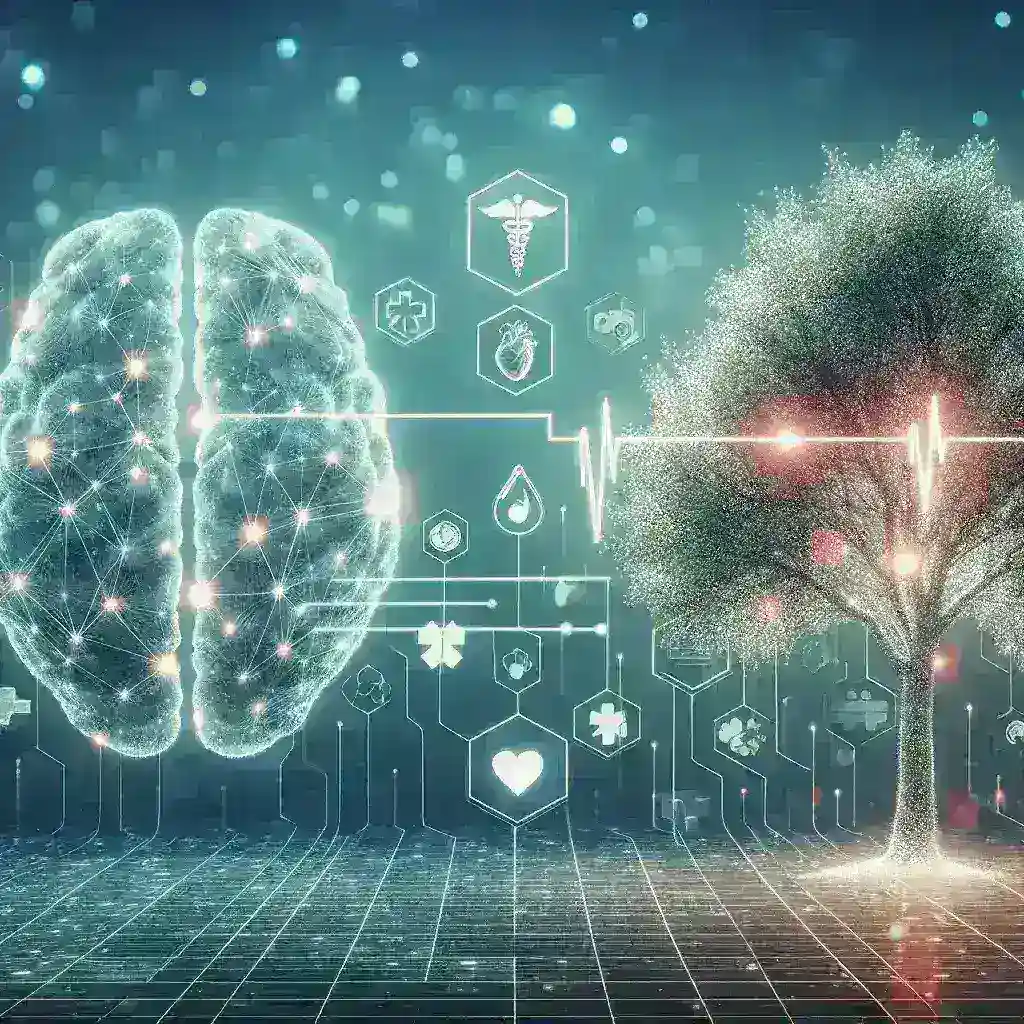Introduction
In recent years, the conversation around concussions has intensified, especially in sports and physical activities. With growing awareness of the potential long-term effects of concussions, technology is stepping in to provide innovative solutions. Apple has taken a significant step in this direction by expanding its AI-powered concussion detection capabilities through the U.S. Health app. This article delves into this groundbreaking development, its implications for user health, and the overall landscape of concussion management.
Understanding Concussion Detection
A concussion is a type of traumatic brain injury that affects brain function. Symptoms can vary widely but often include headaches, confusion, dizziness, and memory problems. Timely detection and management are critical to prevent serious complications. Traditional methods of assessing concussions involve subjective evaluations and physical examinations, which can sometimes lead to missed diagnoses.
The Role of Technology in Health Monitoring
As technology evolves, so does the potential for more accurate and efficient methods of monitoring health conditions. Wearable devices and mobile health applications have emerged as valuable tools for both patients and healthcare providers. By harnessing artificial intelligence, these apps can analyze user data more effectively, providing real-time assessments that aid in the diagnosis and management of conditions like concussions.
Apple’s Initiative in Concussion Detection
Apple’s commitment to health technology is well-documented, with several features embedded in its devices aimed at enhancing user wellness. The integration of AI in concussion detection aligns with Apple’s broader health strategy, which emphasizes preventive care and health monitoring. With the U.S. Health app, Apple aims to empower users to take charge of their health.
How the AI-Powered Detection Works
Apple’s AI-powered concussion detection system relies on a combination of machine learning algorithms and user-generated data. The app is designed to analyze various metrics collected from the user’s Apple device, such as:
- Physical Activity: Tracking movement and physical exertion.
- Heart Rate: Monitoring heart rate variability, which can indicate physiological stress.
- Behavioral Patterns: Identifying changes in sleep and activity levels.
By evaluating these factors, the app can provide personalized insights and alerts that may indicate a concussion or other health concerns.
Historical Context of AI in Health Monitoring
The application of AI in healthcare is not entirely new. Over the past decade, numerous companies have explored AI’s potential to enhance diagnostic accuracy and patient care. Apple’s entry into this field represents a culmination of years of research and innovation. Historical advancements in biometric data collection and AI algorithms have paved the way for this innovative approach to concussion detection.
The Evolution of Apple’s Health Initiatives
Apple’s journey into health technology began with the launch of the Apple Watch, which included features such as heart rate monitoring and ECG. Over time, the company expanded its health initiatives through software updates and new health apps. With the introduction of AI-powered concussion detection, Apple is taking a significant leap forward in proactive health management.
Benefits of AI-Powered Concussion Detection
The integration of AI into concussion detection offers numerous benefits:
- Increased Accuracy: By analyzing multiple data points, the AI can deliver more accurate assessments than traditional methods.
- Real-Time Monitoring: Continuous monitoring allows for immediate alerts if concussion symptoms are detected.
- User Empowerment: The app encourages users to be proactive about their health and seek medical help when necessary.
Challenges and Considerations
While the benefits are significant, there are challenges and considerations associated with AI-powered health monitoring:
- Data Privacy: Users must trust that their health data is secure and used responsibly.
- Technology Limitations: The accuracy of the AI is dependent on the quality of the data input.
- Healthcare Integration: Ensuring that healthcare providers are equipped to interpret AI-generated insights is crucial for effective implementation.
The Future of AI in Health Apps
The expansion of AI capabilities in health apps, such as Apple’s concussion detection feature, hints at a future where technology plays an even greater role in healthcare. As AI continues to evolve, we can expect more robust applications that not only assist in diagnosis but also offer personalized treatment recommendations.
Predictions for Health Monitoring Technology
Experts predict that the next decade will see advancements in:
- Predictive Analytics: AI algorithms will become better at predicting health risks based on user data.
- Integration with Wearable Tech: Seamless integration between wearables and health apps will enhance monitoring capabilities.
- Personalized Health Plans: Users may receive customized health plans based on AI assessments, promoting overall wellness.
Conclusion
Apple’s expansion of AI-powered concussion detection through the U.S. Health app marks a significant step in the utilization of technology for proactive health management. By leveraging artificial intelligence, Apple is set to enhance the accuracy of concussion detection, empowering users to take control of their health. As technology continues to advance, the future holds promise for even more innovative solutions in the realm of health monitoring. With ongoing developments, we can expect that initiatives like Apple’s will play a critical role in shaping the future of healthcare.
Call to Action
Users are encouraged to explore the features of the U.S. Health app and make use of these innovative tools for their health management. Staying informed and utilizing technology can significantly enhance personal health outcomes.

